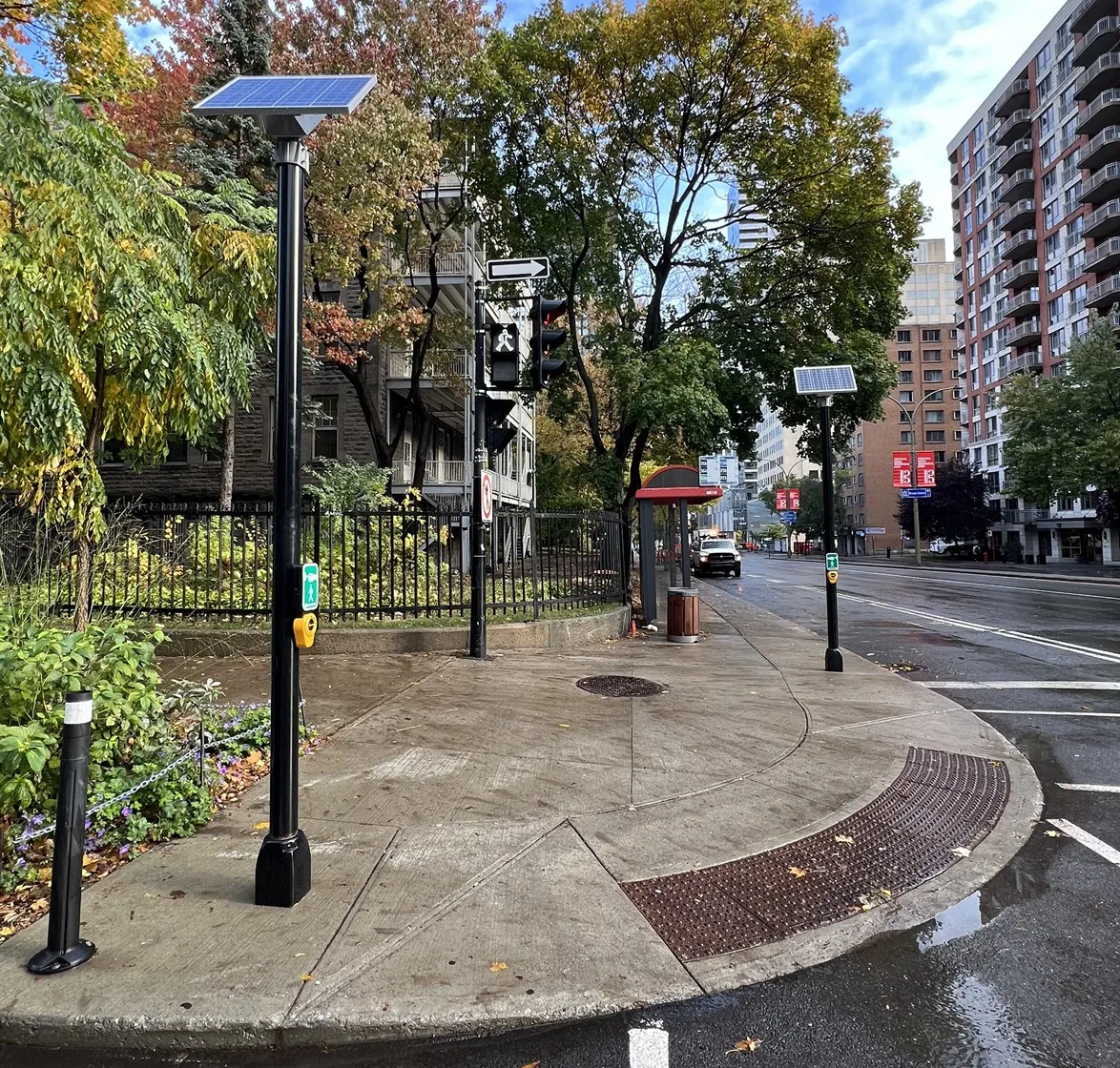Image Sensing Systems has released Autoscope software version 10.5.0, which includes the new Autoscope Cyclescope bicycle differentiation and detection feature.
Cyclescope enhances cycle detection capability and adds the ability to differentiate between cycles and motorised vehicles as they approach a junction. A significant advantage to Cyclescope is that it doesn’t require additional roadway markings, product purchases or equipment installations or maintenance.
June 1, 2015
Read time: 1 min
Cyclescope enhances cycle detection capability and adds the ability to differentiate between cycles and motorised vehicles as they approach a junction. A significant advantage to Cyclescope is that it doesn’t require additional roadway markings, product purchases or equipment installations or maintenance.
The Cyclescope feature allows traffic engineers to offer cycle timings in their traffic control strategy with minimal changes to the junction control configuration, without having to make changes to the traffic controller. Agencies can configure the data collection to help them demonstrate the success of their bicycle-friendly programs.
"The Autoscope Cyclescope feature takes bicycle detection to the next level. It can detect and differentiate bicycles made of any material on any approaching lane at no additional cost to the partner, customer, or end user,” said Keith Hofkens, product manager at Image Sensing Systems.










